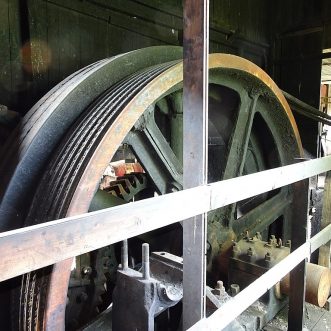September 11, 2020
My mother, who’d been taught housework by a female version of Felix Ungar out of ‘The Odd Couple‘ (a regime that soon collapsed in the face of 7 Oscar Madison-like children), loved to collect books about ‘women’s work’. Perhaps to see how the men who usually wrote them imagined these things should be done.
Two of these books stick in my memory. One was ‘The Mechanical Baby’, a history of childcare from ancient times onwards, I don’t remember the title of the other, but it might have been simply, ‘Housework’.
The housework one sticks because in it, the author applied all sorts of efficiency measures, taken from the workplace. For example, he suggested replacing the big Spring Clean, with an Autumn Clean. After all, Summer is when we fling windows open and let in all the dust, debris and insects from the garden. It’s also when all the spiders build their cobwebs in various corners of the house, so that by September, it looks like we’ve left up last year’s fake snow from Christmas. Or is that just my house?
Anyway, I think he had a really good point, but I’d recommend both, and go for Equinoctial Cleans, one as Winter turns to Spring, and the other as Summer turns to Autumn. Spring for de-cluttering, opening up and airing everything, Autumn for cleaning down, tidying away and mending, ready for the long haul of Winter. Both are a kind of fresh start, but with a slightly different emphasis.
Of course, both can apply to business too.
What’s the plan for your business Autumn Clean?










